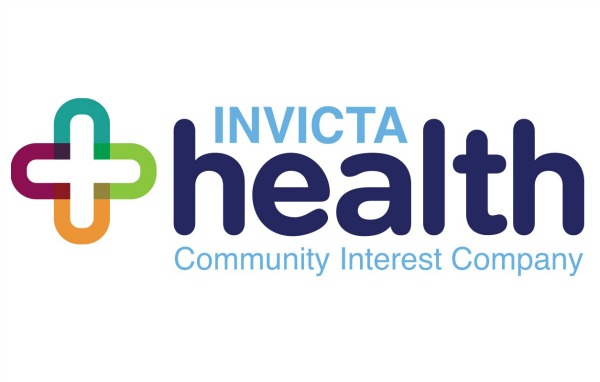Place Category: Health & Social Care
Invicta Health CIC is a Primary Care Federation working in East Kent, who are committed to working with GP Practices, healthcare organisations, community and third sector services to provide a community-based response to the constantly changing NHS environment.
Our aim is to provide local, high–quality services for local people by collaborating with other established organisations in the health and social care community.
We provide integrated services with local practices, the acute and community trusts, the ambulance trust, and other organisations. We now have 32 member practices covering a population of over 380,000 patients.
No Records Found
Sorry, no records were found. Please adjust your search criteria and try again.
Google Map Not Loaded
Sorry, unable to load Google Maps API.





Leave a Reply
Want to join the discussion?Feel free to contribute!